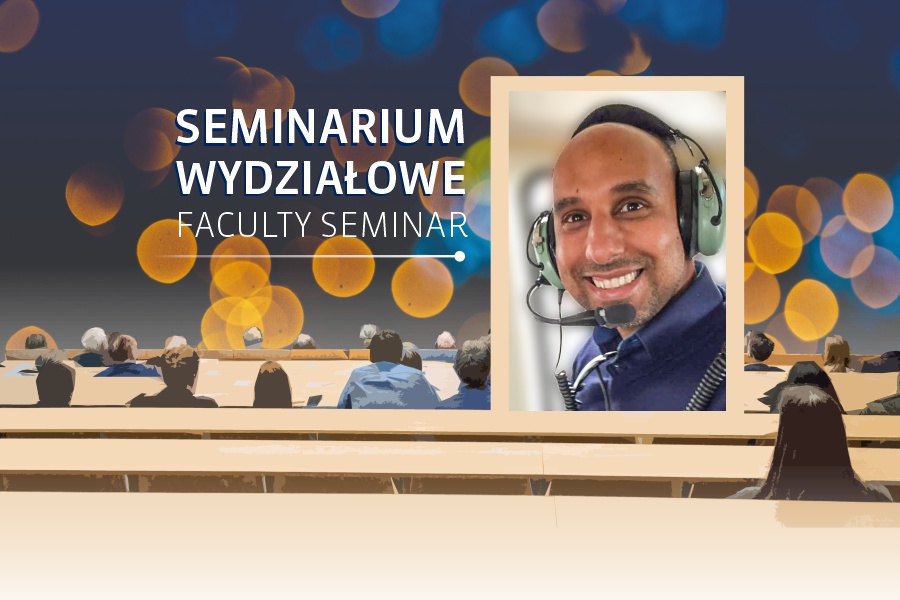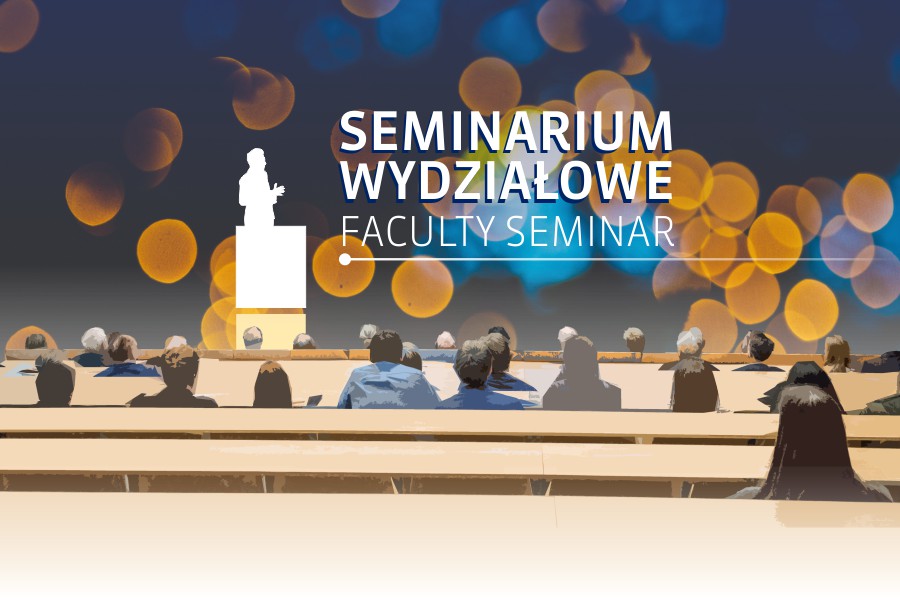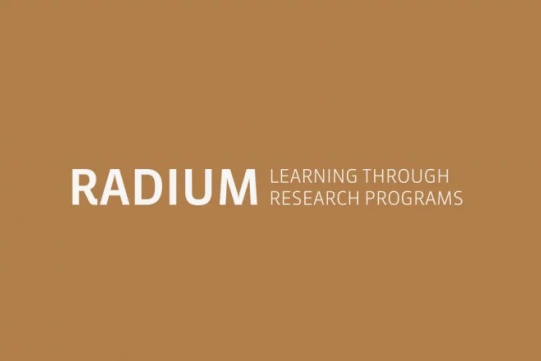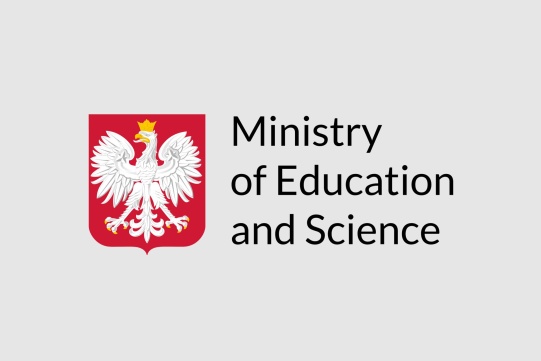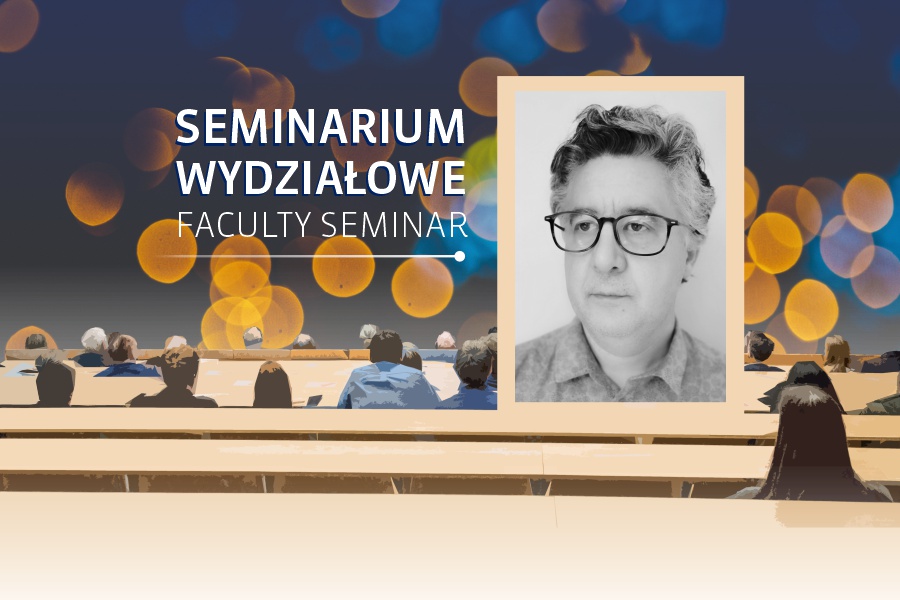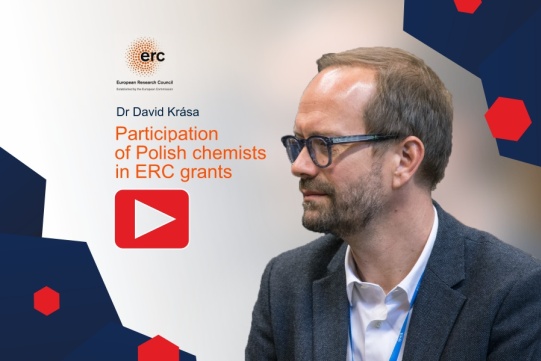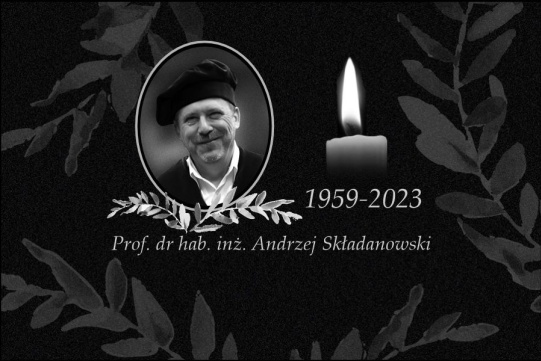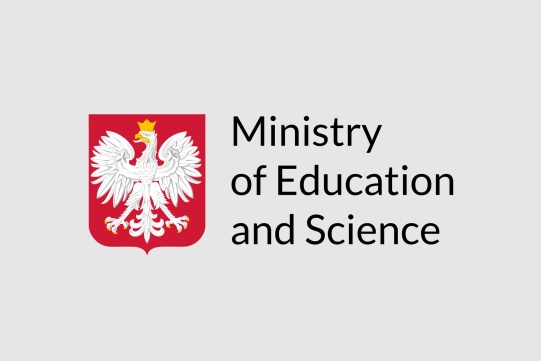World's TOP 2% Scientists 2022 list has been announced
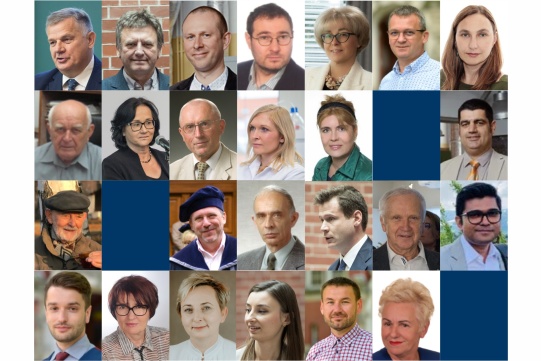
The latest World's TOP 2% Scientists 2022 list includes 25 scientists from the Faculty of Chemistry of Gdańsk University of Technology.
The TOP 2% ranking is prepared by analysts from Stanford University, Elsevier and SciTech Strategies.




